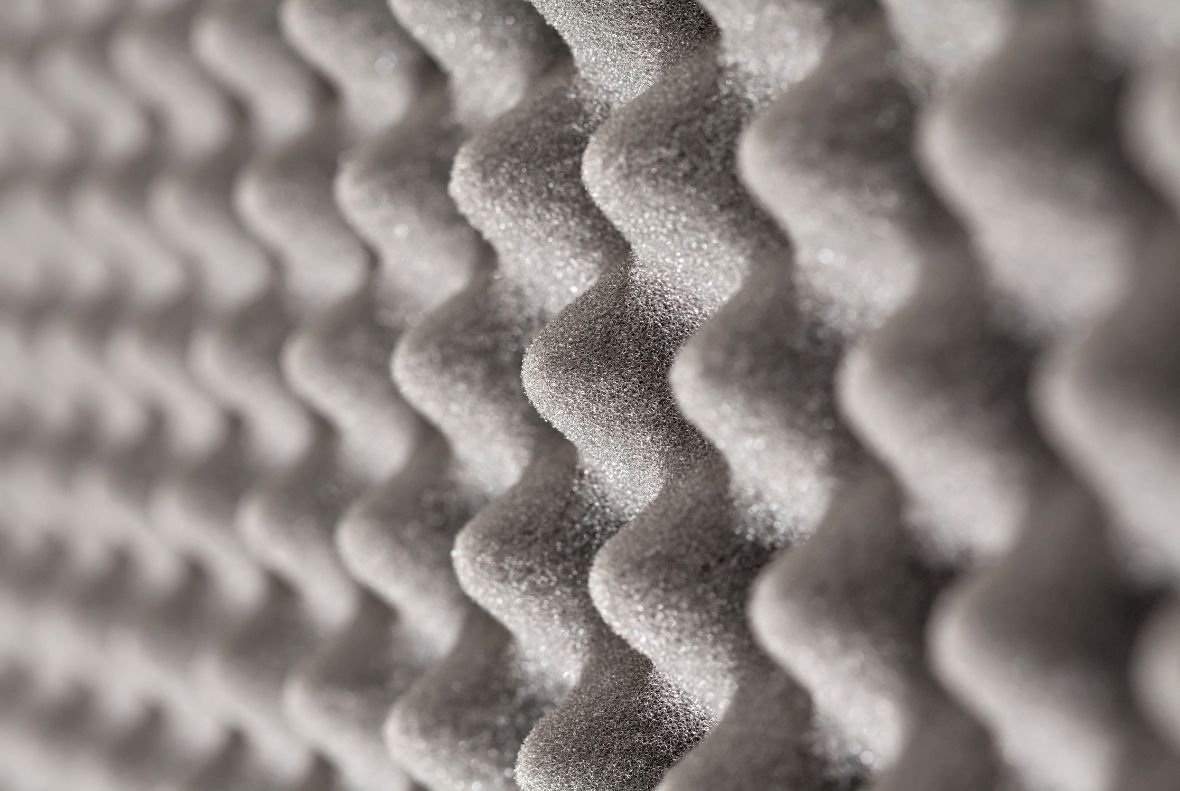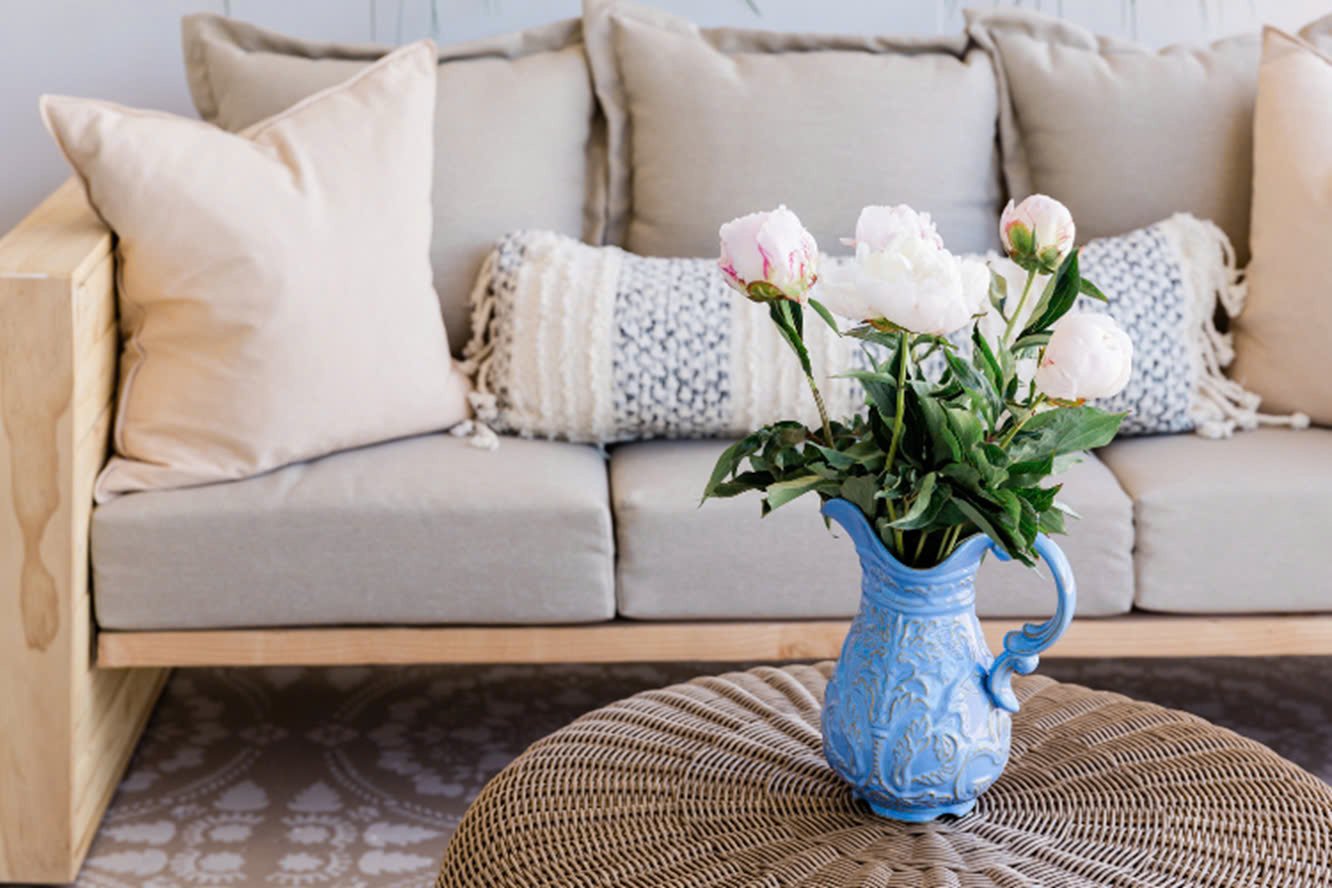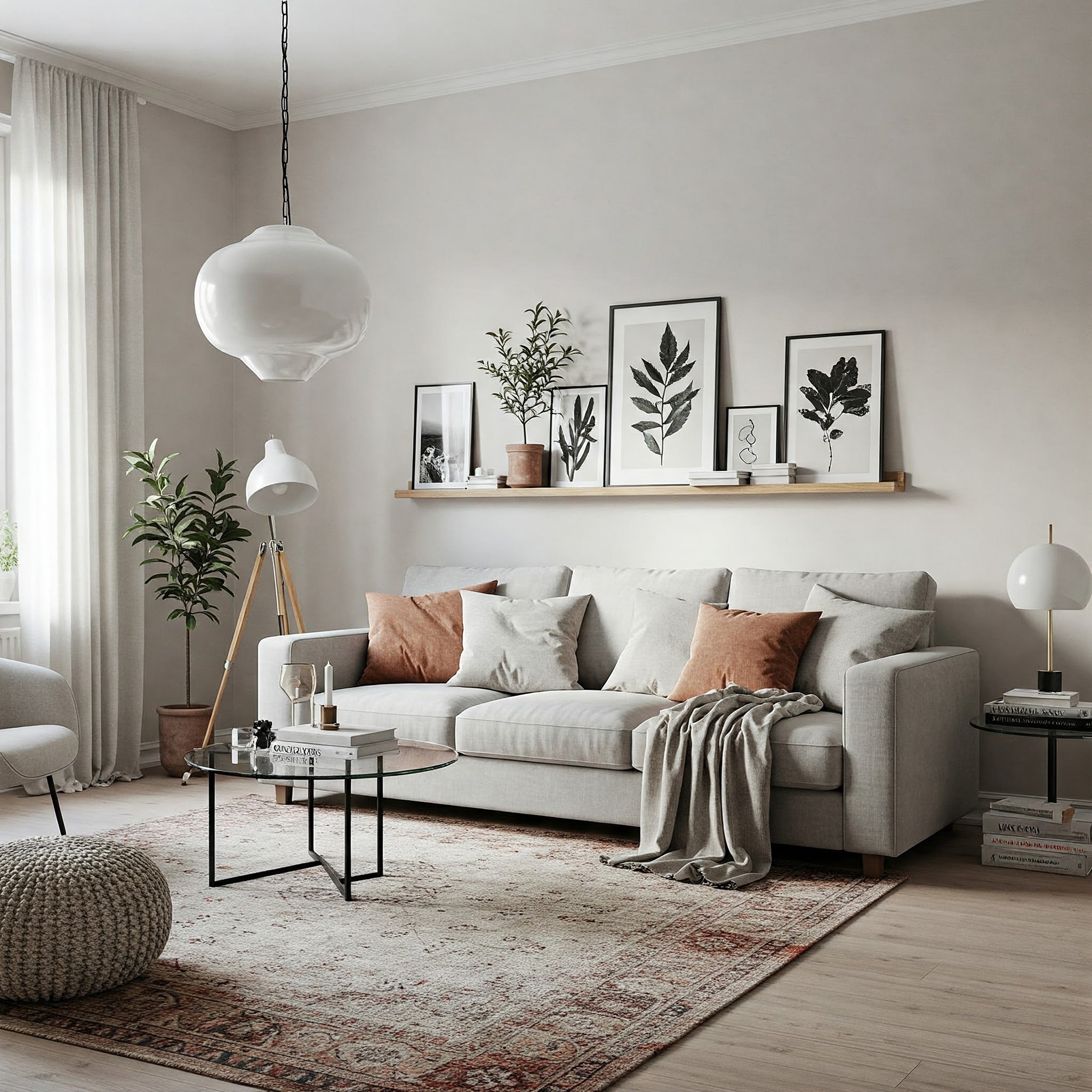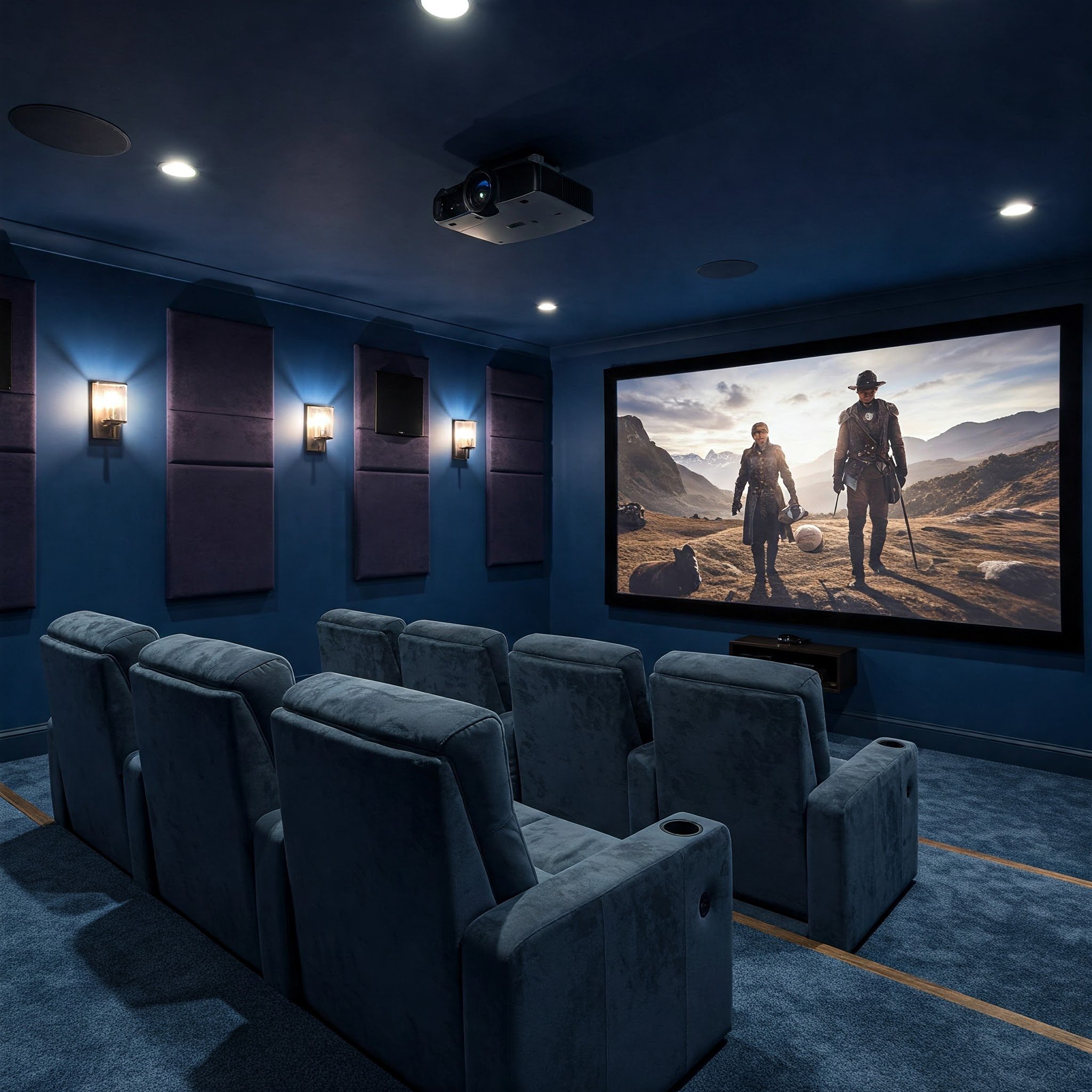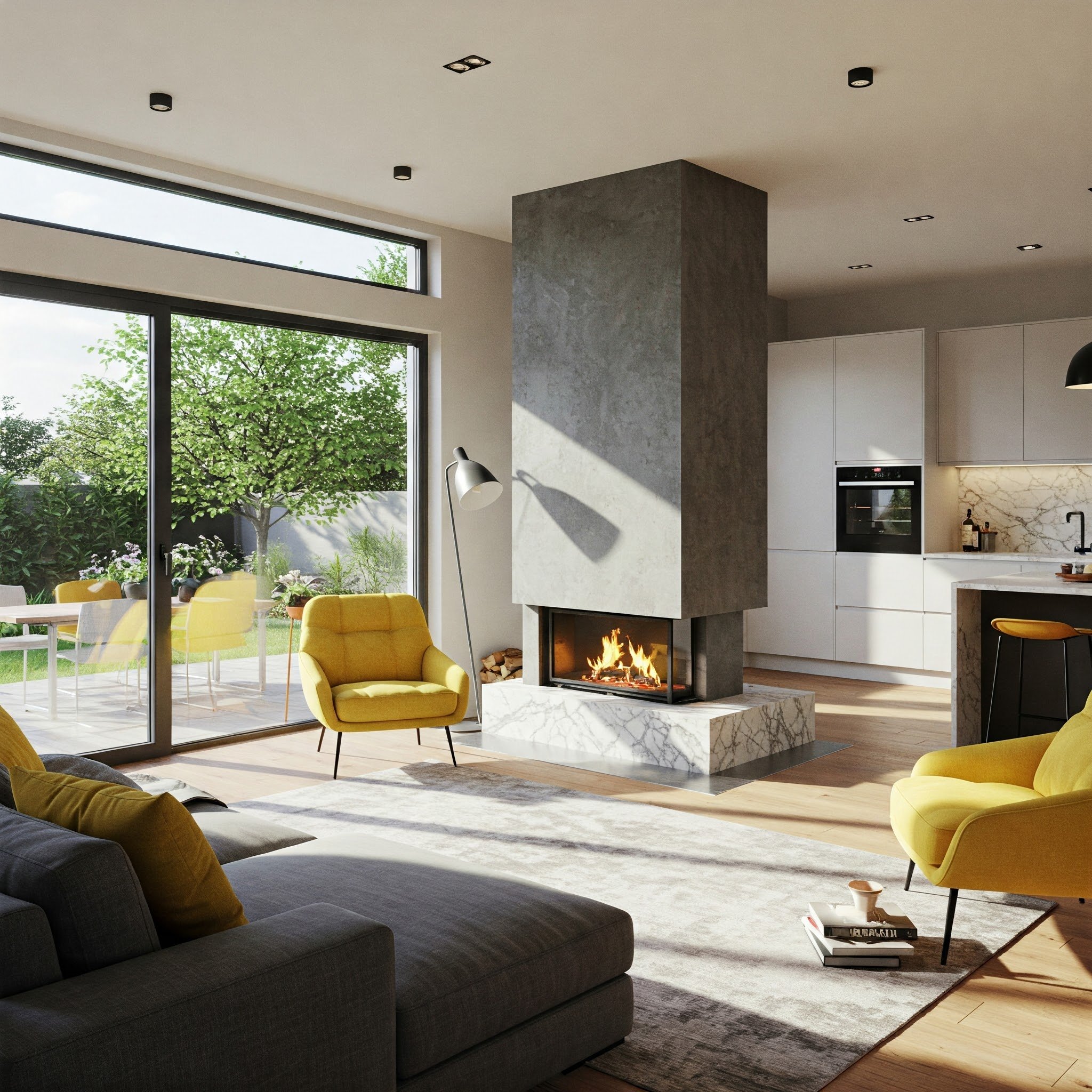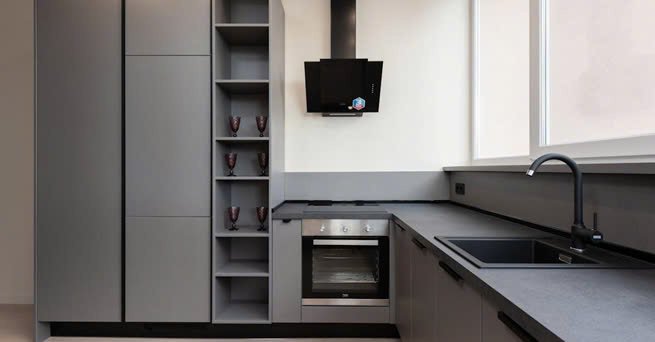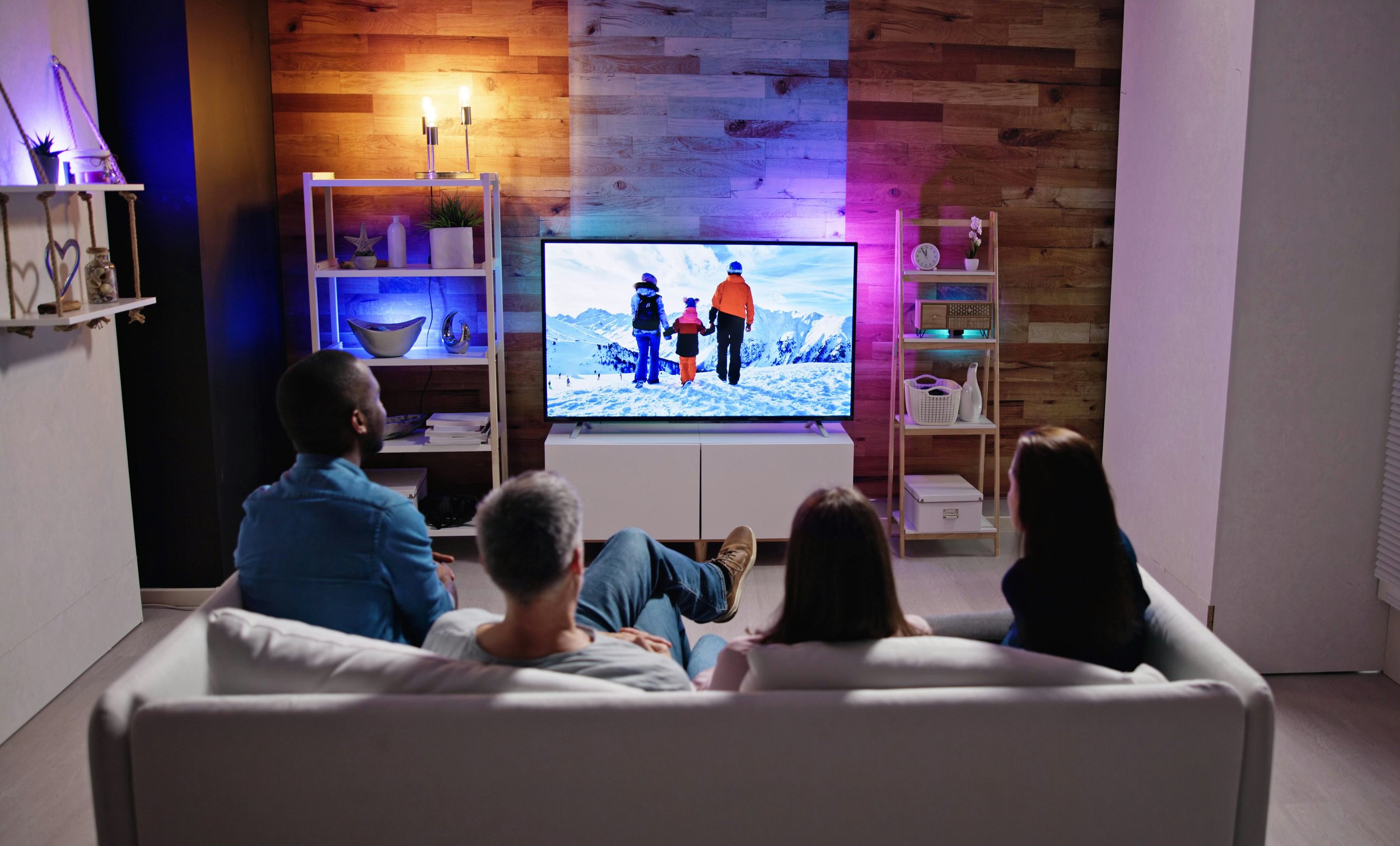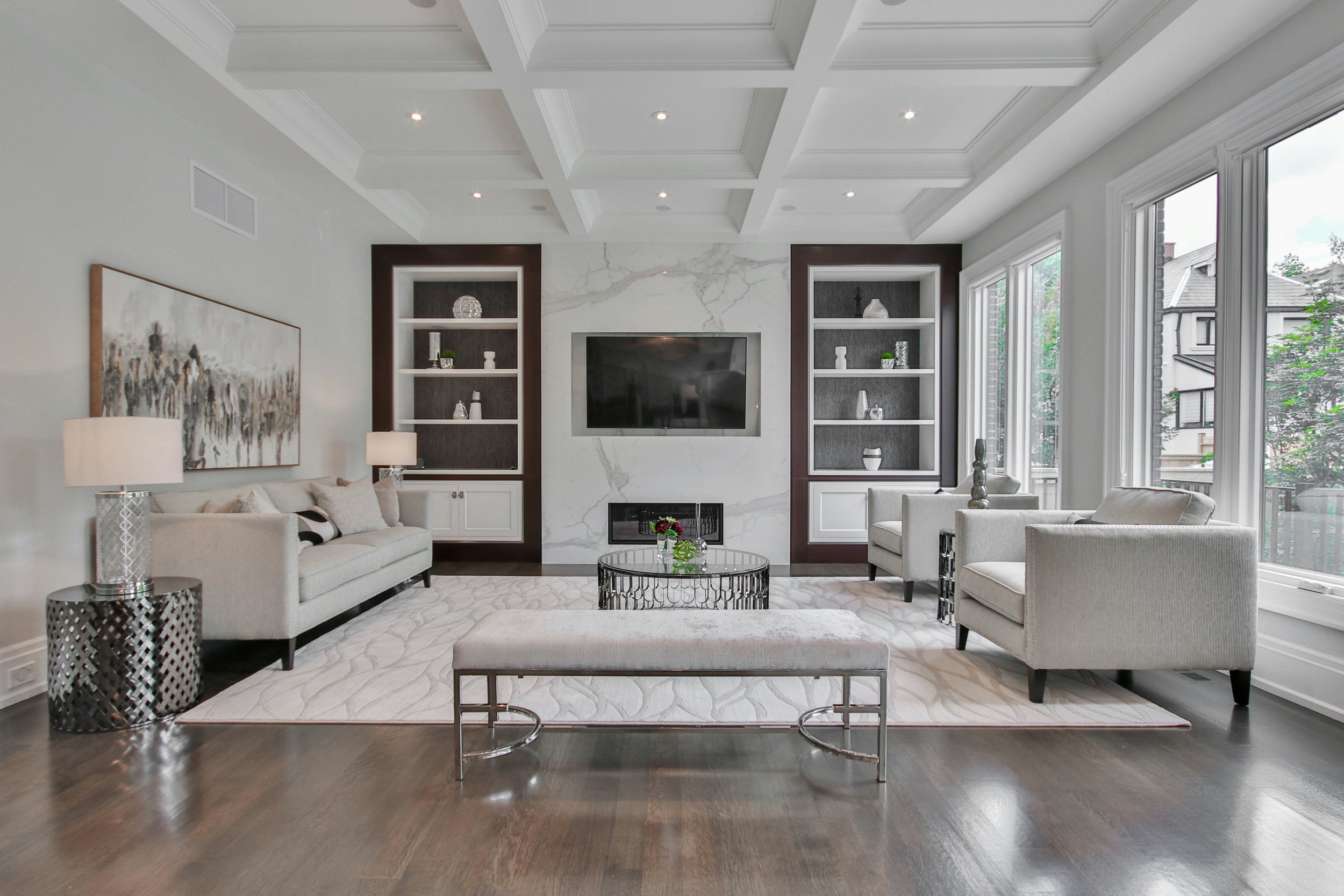Professional Soundproofing in the Hotel Industry – Luxurious Silence Your Guests Will Love
Discover how professional soundproofing enhances guest satisfaction in the hotel industry by creating a peaceful, luxurious, and quiet stay experience.
In the increasingly competitive world of hospitality, every detail matters, but few factors influence the overall perception of luxury and relaxation so directly as acoustic comfort. Professional soundproofing is no longer a niche concern but a fundamental aspect of modern hotel design, directly impacting guest satisfaction, reputation, and recurring business.
As guests’ expectations evolve, so does their sensitivity to noise disturbance, whether it stems from bustling city streets, neighboring rooms, or even the workings of in-hotel amenities. In this context, brands that prioritize effective soundproofing gain a crucial edge. The success of a hotel depends not only on visual aesthetics and services but also on the holistic comfort experienced by guests during their stay.
Professional soundproofing addresses a core set of needs—undisturbed sleep, private conversations, and the ability to work or relax without intrusion—serving as the backbone for an exceptional hospitality experience.
Key Solutions in Professional Soundproofing for Hotels
Integrating proper soundproofing into a hotel environment calls for sophisticated strategies tailored to very specific needs. The choice of techniques, materials, and installation approaches must be guided by a deep understanding of acoustical engineering and the unique demands of hospitality settings.
Solutions frequently employed include high-performance acoustic panels, insulated doors, double- and triple-glazed windows, and structural modifications to limit both airborne and structure-borne noise. The most effective systems combine several layers of protection, integrating not just barriers but also sound absorption and dampening technologies within walls, ceilings, and floors.
It is also critical to address ancillary sources of disturbance, such as HVAC systems, elevator shafts, and event spaces. In addition, emerging innovations—like modular soundproofing partitions or adaptive acoustic management systems—offer hoteliers new avenues to customize and optimize guest comfort. Ensuring that every space, from luxury suites to high-traffic lobbies, benefits from professional soundproofing demonstrates a commitment to the highest standards in guest experience.
The Impact of Soundproofing on Guest Comfort and Satisfaction
For travelers, whether on business or leisure, the ability to rest and recharge undisturbed is a fundamental expectation. Extensive research within the hospitality sector confirms that comfort guests perceive—particularly in terms of sound and tranquility—translates directly to higher satisfaction scores, stronger online reviews, and improved guest loyalty.
Hotels with superior sound isolation often see tangible benefits, such as reduced guest complaints, fewer requests for room changes, and a notable increase in repeat bookings. The guest experience is shaped by myriad factors, but comfort, quiet, and privacy consistently rank among the most valued. Key benefits of professional soundproofing in hotels include:
Enhanced quality of sleep, reducing guest stress and fatigue.
Improved privacy for conversations and activities within rooms.
Greater sense of safety and personal space, essential for long-term guests.
From a business perspective, these advantages collectively support higher occupancy rates, stronger brand reputation, and a justifiable positioning within the premium or luxury segment.
Technological Advances in Acoustic Isolation
Soundproofing technology has advanced rapidly, empowering hotel developers and operators to deliver unprecedented acoustic control while maintaining flexible design aesthetics. Recent innovations include active noise-cancellation panels, smart glass windows capable of dynamically reducing external sound intrusion, and advanced materials derived from aerospace and automotive industries.
Modern solutions focus on integrating acoustic performance without compromising on space, weight, or design vision—some materials offer exceptionally thin profiles with maximum sound attenuation. These advances not only facilitate the integration of professional soundproofing in both new builds and retrofits but also enhance operational efficiency.
By leveraging acoustic simulation software and on-site testing, acoustic architects can now calibrate solutions with a high degree of precision, reducing costly trial and error during implementation. Hotels adopting these technologies distinguish themselves as innovators, drawing in discerning guests who are acutely sensitive to environmental comfort.
Effective Acoustic Zoning – Customizing Silence
One of the most nuanced and powerful strategies in professional soundproofing within hotels lies in the concept of acoustic zoning. By thoroughly analyzing the layout, anticipated activities, and guest circulation patterns, designers can allocate varying degrees of sound protection where they matter most.
Establishing quiet zones for rooms and suites, active zones for communal and functional areas, and flexible barriers for multipurpose spaces ensures optimal acoustic performance throughout the hotel. Considerations encompass not only horizontal separation of noise sources but vertical transmission between floors, proximity to service areas, and requirements for adaptive or movable partitions.
Through a combination of architectural foresight, proper material selection, and expert installation, hotels can systematically eliminate ‘weak points’ in their sound isolation profile, elevating the guest experience from average to extraordinary in both perceived quiet and overall comfort.
Legal and Regulatory Aspects of Hotel Soundproofing
In many regions, legal frameworks governing building codes and hospitality standards now stipulate minimum soundproofing requirements for new and renovated hotels. These mandates address issues ranging from minimum sound transmission class (STC) ratings for walls and floors to guarantees of privacy and protection from external noise.
Forward-thinking hotel operators not only comply with these standards but also anticipate tightening regulations as urbanization and traveler expectations increase. Investing in professional soundproofing enables hoteliers to future-proof their properties while minimizing the risk of costly retrofits or guest claims related to noise disturbances.
Staying ahead of regulatory trends also positions a brand as a responsible market leader, committed to environmentally sound, sustainable, and guest-focused hospitality practices.
Marketing The Value of “Luxurious Silence”
Boutique and luxury hotels have long understood that peace and quiet are strong differentiators in an increasingly crowded market. By explicitly promoting the advantages of professional soundproofing—as a unique selling proposition—hotels can attract premium clientele seeking rest, privacy, and genuine escape from urban stress.
Marketing strategies that highlight the use of advanced sound isolation technologies, rigorous testing protocols, and guest testimonials regarding exceptional tranquility prove highly effective in digital and traditional channels alike. With the proliferation of user-generated content and global review platforms, word-of-mouth regarding acoustic comfort has become a powerful factor influencing hotel rankings and booking choices.
In a world where the true luxury is often defined by intangible qualities, a hotel’s commitment to silence—and the means used to achieve it—stands as a compelling and distinctive promise.
